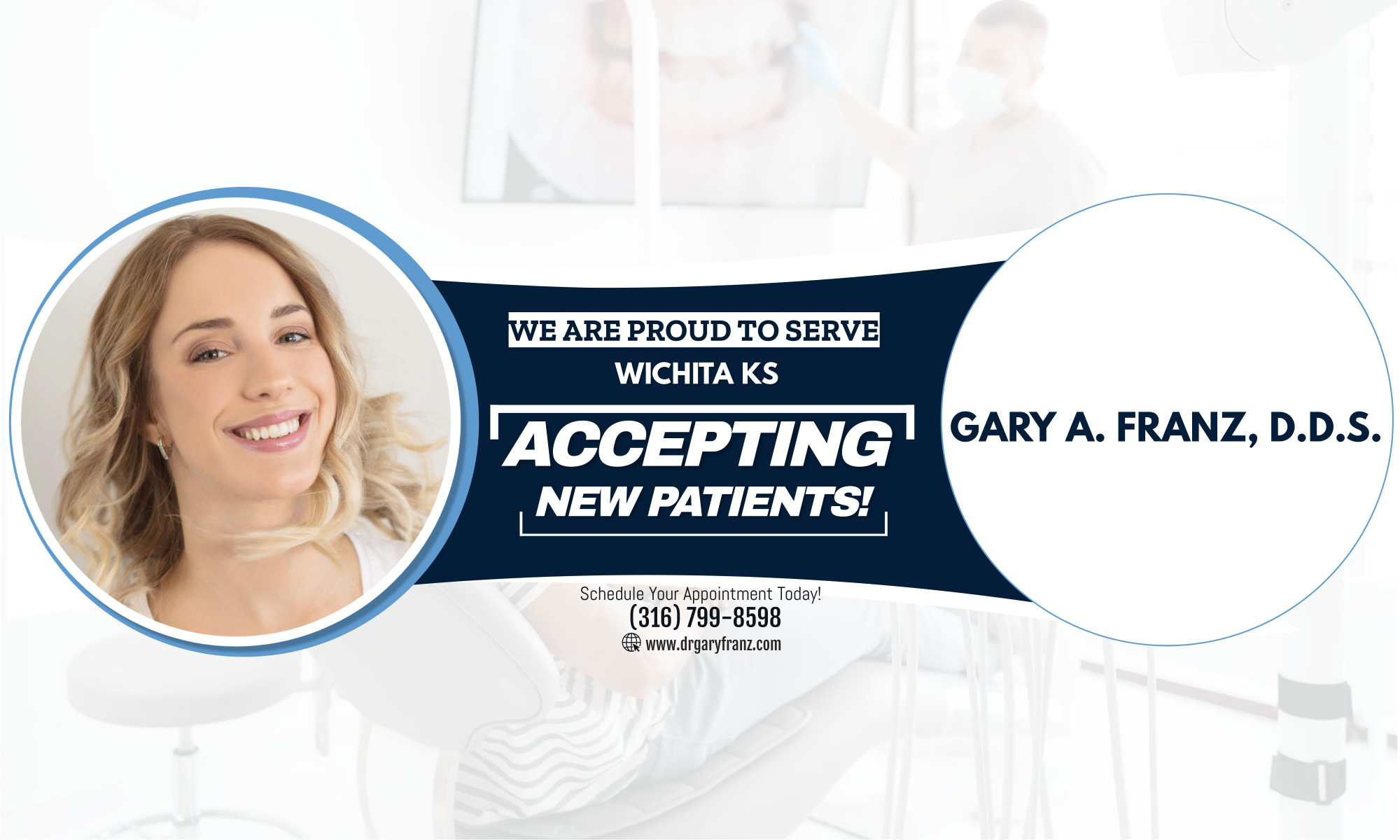Although thousands of Americans die every year from oral cancer, there is a high chance it can be cured if it is caught early enough.
Each year, more than 30,000 Americans are diagnosed with oral cancer and only half of those diagnosed survive more than five years.
But nowadays, dentists have the skills and tools to ensure that early signs of cancer and pre-cancerous conditions are identified.
If it is caught early, there is a much higher chance that, with your dentists help, you could win a battle against oral cancer.
The key is to know the early signs and see your dentist regularly.
Oral cancer often starts as a tiny, unnoticed white or red spot or sore anywhere in the mouth.
It can affect any area of the oral cavity including the lips, gum tissue, cheek lining, tongue or the palate.
Other signs include:
– A sore that bleeds easily or does not heal
– A change in the color of the oral tissues
– A lump, thickening, rough spot, crust or small eroded area
– Pain, tenderness, or numbness anywhere in the mouth or on the lips
– Difficulty chewing, swallowing, speaking or moving the jaw or tongue
– A change in the way the teeth fit together
Oral Cancer most often occurs in those who use any form of tobacco. Smoking combined with alcohol use greatly increases the risk.
However, oral cancer which is most likely to strike after age 40 can occur in people who do not smoke and have no other known risk factors.
Diets with a lot of fruits and vegetables may help prevent its development.
Oral cancer screening is a routine part of a dental examination so regular checkups with an examination of the entire mouth are essential in the early detection of cancerous and pre-cancerous conditions.
